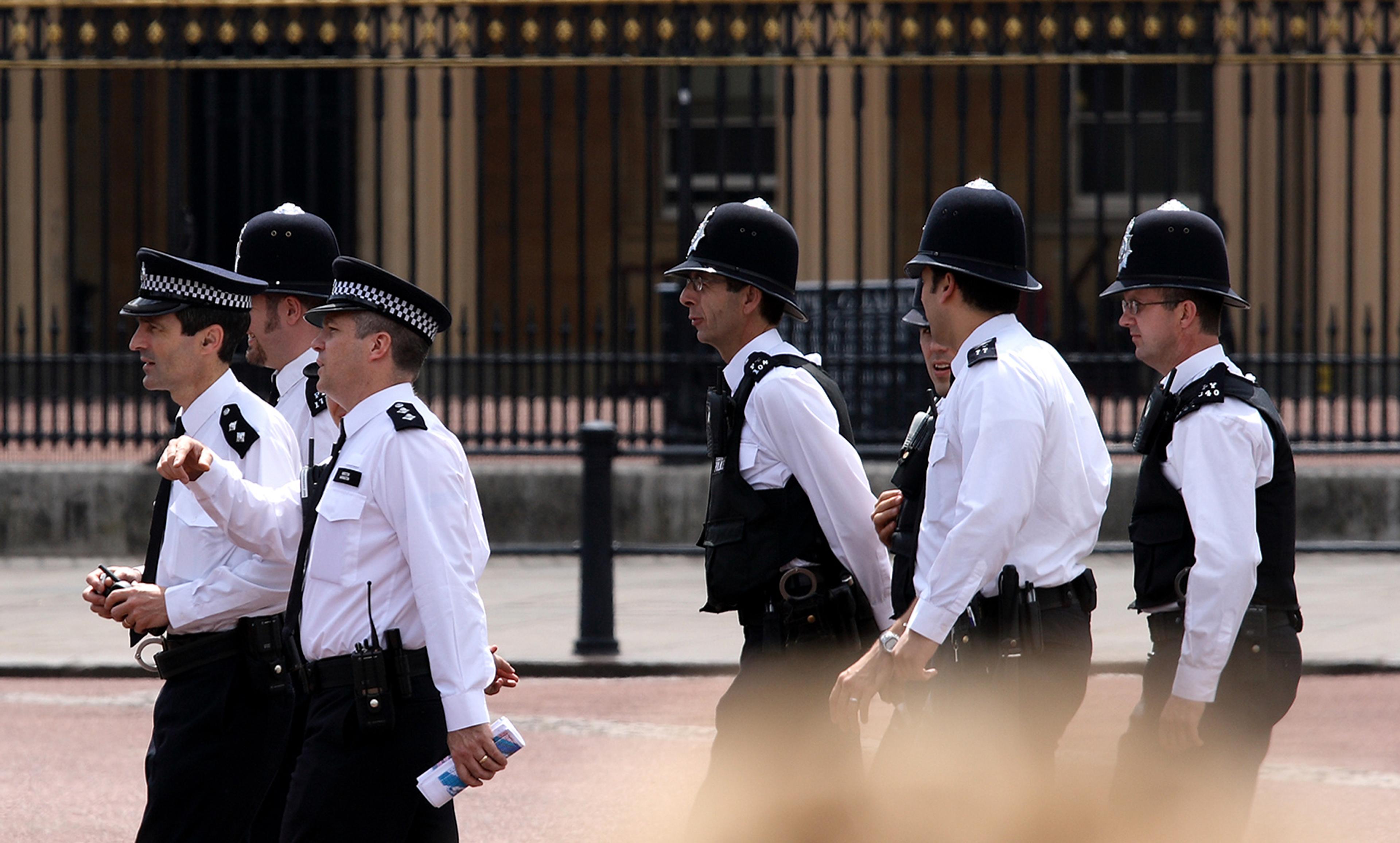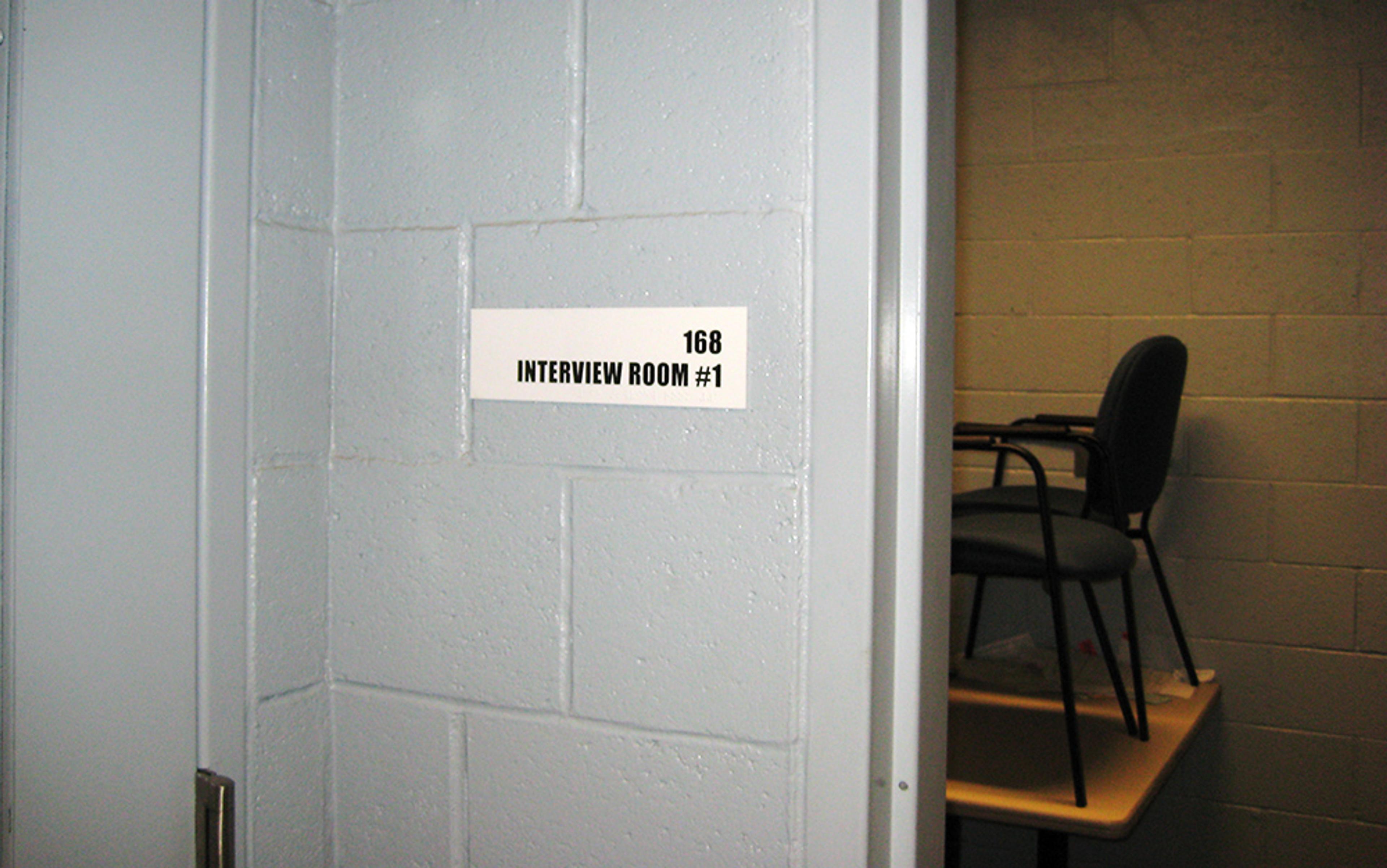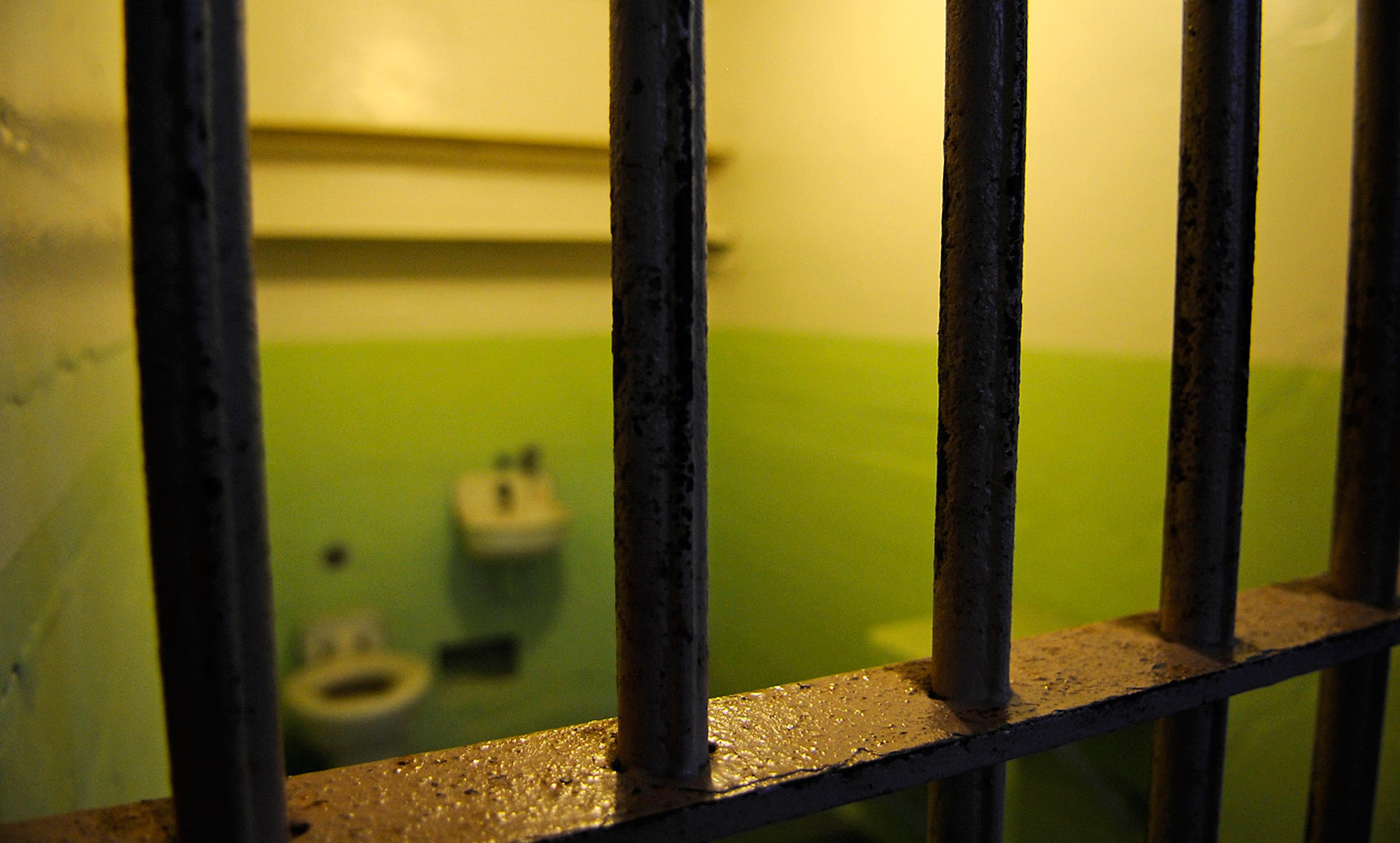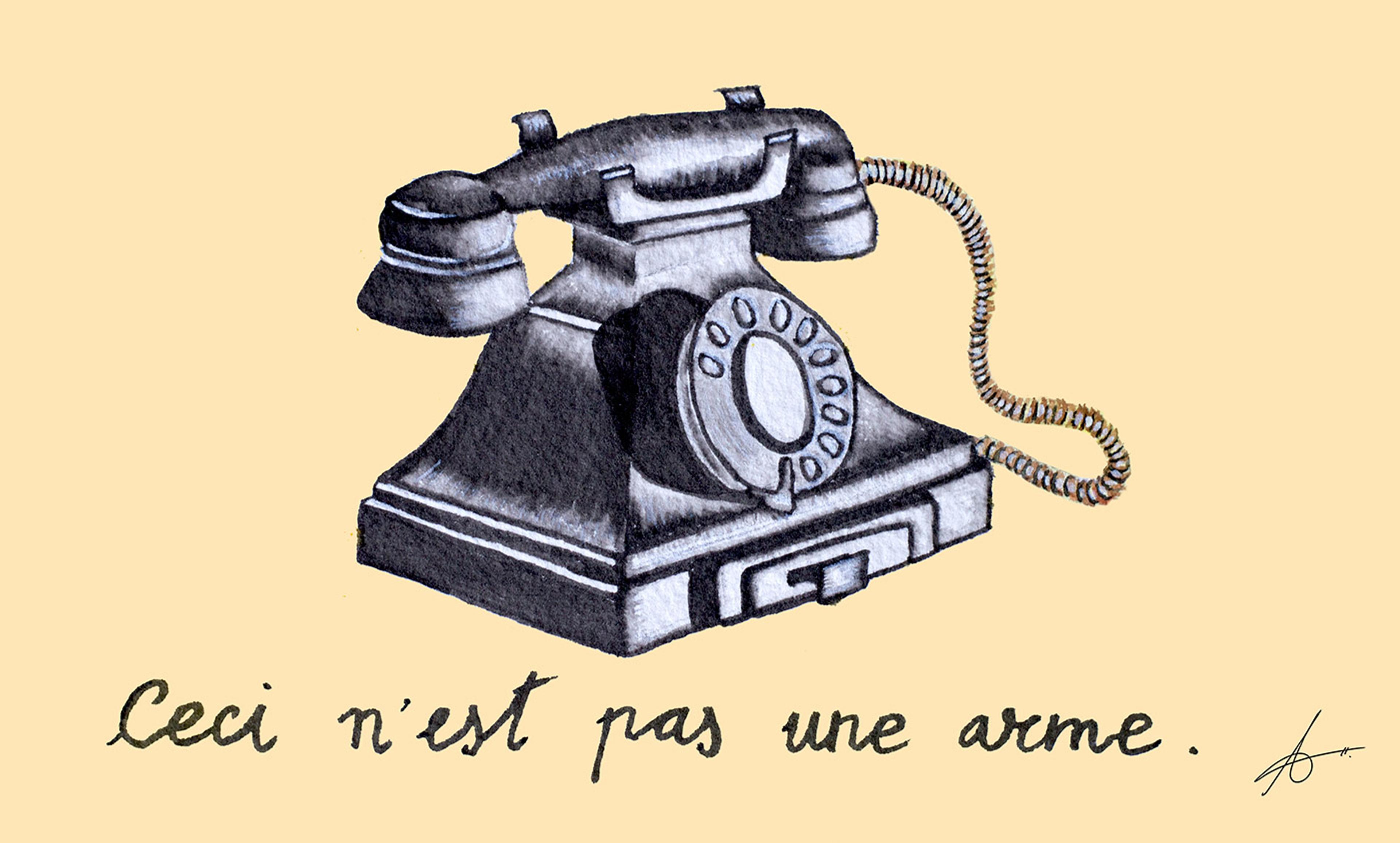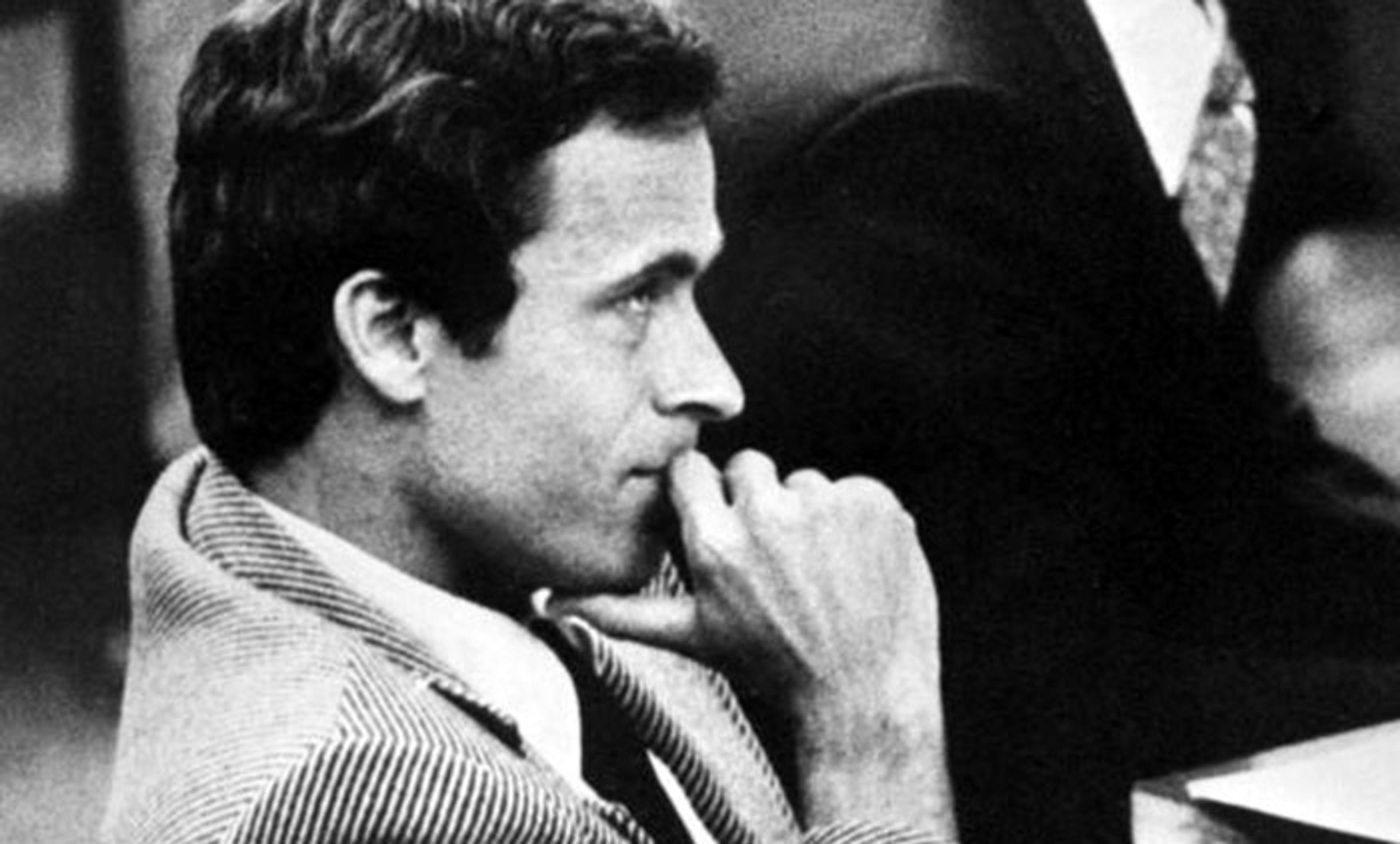Cody/Flickr
What do police officers need to know to effectively do their jobs? They must ask the right questions to piece together the crimes that occurred, and make sure they don’t take advantage of the vulnerable or put innocent people in jail.
But, do they actually know that they must know these things?
When my colleague Chloe Chaplin and I pondered these points at work, in the department of law and social sciences at London South Bank University, we presumed that police officers would understand the things they needed to know to get the job done. Yet no one had ever put them to the test, and as two psychologists, we thought we would.
Toward that end, our team questioned police officers on a number of different topics, asking them to call out certain patently false statements:
· Police can tell when a suspect is lying
· People confess only when they have actually committed the crime they are being charged with
· Most judges and jurors fully understand court instructions
· Eye-witnesses are always the most reliable source of case-related information
· Most mentally ill individuals are violent
· All psychopaths are criminals
· We need to be ‘tough on crime’ by giving convicted felons harsher punishments
· The death sentence is an effective way to deter criminal activity
· Excitement improves memory
Research has demonstrated that none of these statements is true, yet we found that, in our questionnaire of 50 true or false items just like this, our sample of police officers scored no better than the general public. Police officers got 39 per cent wrong and members of the public got 37 per cent wrong. The police seemed to know as little about these important policing issues as everybody else.
Making matters worse, we found that our sample of officers generally indicated they exhibited higher confidence in their judgements than the general public, making them more confidently wrong.
There are several reasons why the police are likely to believe myths about their own profession. One of the most important could be that officers develop ideas regarding ‘what works’ based solely on their practice, not on science. This can lead to important errors, including confirmation bias, where we consider and remember only information that is in line with our beliefs, and ignore evidence that contradicts it.
Police officers might thus discount the times that they failed to identify someone who lied to them, the times they interrogated the wrong guy, or the victims who misidentified offenders in line-ups. When we remember only our successes and discount our failures, as many of us naturally do, we can end up with a pretty skewed assessment of our abilities.
Police training today needs to help officers achieve the insight they should have to do their job well. A police officer is taught to apprehend, contain and interview those involved with a crime. Of course these skills are also critical, but it struck us as problematic that, while police learned how to do things, they almost never learned why they did them. Those who don’t know the basic science behind their craft might promote problematic practices and myths.
After all, policing is inherently psychological. Police officers need to get accurate information out of people, they need to make judgment calls regarding whether or not someone is lying to them, and they need to be able to deal with the mentally ill. These all require at least a basic understanding of psychology, yet police officers generally receive no education in this area at all.
The major bottleneck for this kind of training and research is access, since it can be very difficult to convince police officers to participate. In order to gain access and build bridges between psychological scientists and the police, we need to highlight the benefits to the forces that we work with – benefits such as improved interrogation techniques, better service provision to victims, and fewer wrongful convictions.
